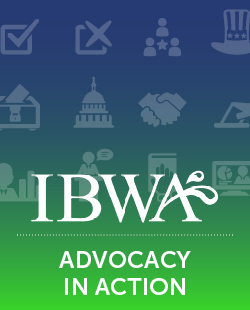State Regulations
State Regulations
All 50 states and the District of Columbia have delegation agreements with the U.S. Food and Drug Administration (FDA), meaning that when they inspect a bottled water plant (or any food processing facility) they act with the full authority of the FDA.
Crossing state lines
FDA’s jurisdiction over bottled water products (and any other product regulated by FDA) extends not only to those products that move in interstate commerce but also to those products sold within a single state that are enclosed in packaging materials that have moved in interstate commerce.
- Known as the component theory of FDA jurisdiction, courts have long held that if any component of a food product moves in interstate commerce, FDA has jurisdiction over the finished product, regardless of whether the finished product itself moves in interstate commerce [e.g., United States v. An Article of Food, 752 F.2d 11 (1st Cir. 1985)].
- In the case of bottled water, if the plastic used in the bottles, the plastic used in the caps, the paper and ink used on the labels, any outer packaging materials, and even the water itself comes from out of state, then FDA has jurisdiction over that product. And in today’s commercial society, that will almost always be the case. Moreover, Congress has enacted a law that expressly presumes that all food and beverage products are sold in interstate commerce (21 U.S.C. § 379 (a)).
- The bottom line? FDA regulates virtually all bottled water products in the United States. That’s not an opinion, that’s a fact of law.


